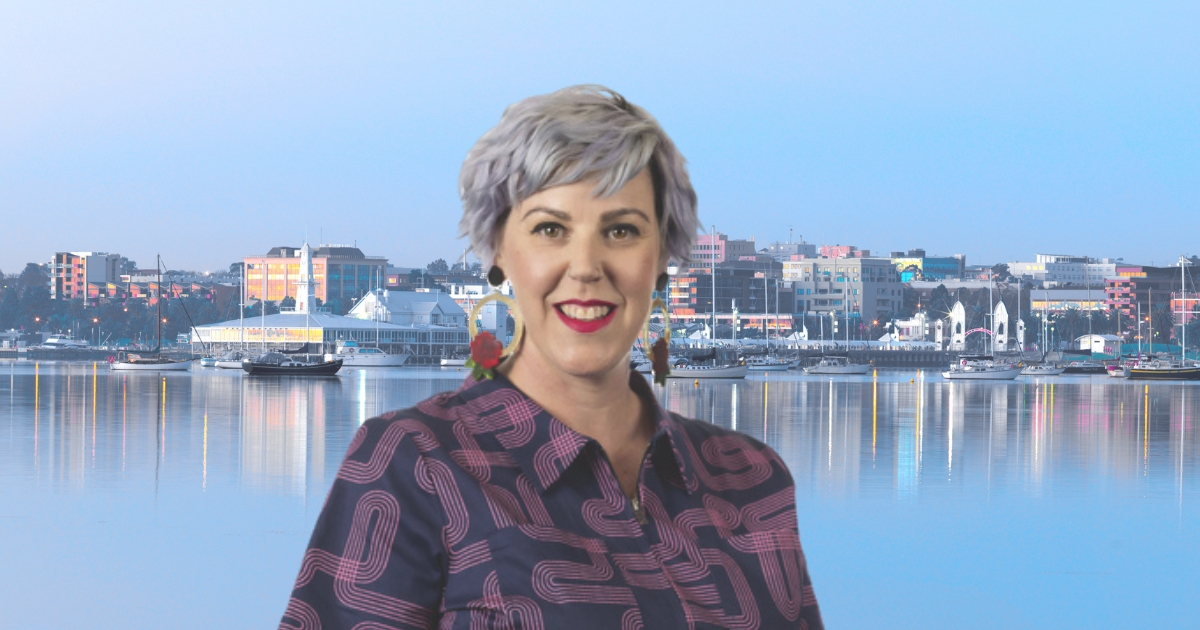Surfrider pushes for strong Global Plastics Treaty as local clean-up efforts grow more challenging

(L-R) Surfrider Surf Coast branch marketing and partnerships coordinator Daphne Yeo, volunteer Jack Cannon and secretary Darren Noyes-Brown. Photo: ANGUS SMITH
SURFRIDER Foundation representatives have participated in the fourth session of the United Nations Environment Programme’s Intergovernmental Negotiating Committee (INC-4) in Ottawa, Canada, aiming to develop a legally binding instrument on plastic pollution, known as the Global Plastics Treaty.
The session gathered representatives from environmental non-profits, environmental justice communities, industry lobbyists, and 170 UN member states.
Many countries are calling for significant, legally binding measures to reduce plastic production, but negotiations faced delays due to opposing views from some countries, including the United States, which wanted to focus on waste management solutions instead of production.
According to the Center for International Environmental Law, around 200 fossil fuel and chemical industry lobbyists outnumbered national delegations, scientists, and Indigenous Peoples.

Graham Forbes, Greenpeace International Head of Delegation to the Global Plastics Treaty negotiations, commented on the influence of these industries.
“The influence and growing presence of fossil fuel and petrochemical industries are not what the people want nor what the climate needs,” he said.
“This is the fourth out of five meetings, and the fossil fuel lobby is holding us back from negotiating a treaty that will end the plastics crisis.”

In March 2022, the United Nations Environment Assembly adopted Resolution 5/14, committing to establish a legally binding global plastics treaty by the end of 2024. Since then, four sessions of the Intergovernmental Negotiating Committee (INC) have taken place, with the latest, INC-4, concluding in Ottawa, Canada on April 29, 2024.
On the final day of INC-4, Australia and 27 other countries introduced the Bridge to Busan: Declaration on Primary Plastic Polymers, reaffirming that a global treaty must address plastic production.
It is estimated that of the 400 million tonnes of plastic produced annually, more than 8 million tonnes end up in the oceans each year.
Surfrider Foundation is calling for a treaty that limits and reduces plastic production, bans toxic chemicals and additives, promotes reuse systems, and sets strong regulations on the plastic waste trade.
Surfrider Surf Coast partnerships director Daphne Yeo said the treaty was important as the problem was getting worse.

“A lot of times you look around and think the beaches are clean, but once you start actually doing a beach clean, you realize how much is out there.”
Surfrider Surf Coast branch secretary Darren Noyes-Brown said there was a need for systemic change.
“We’d love to see the rubbish being stopped at the source,” he said.
“Plastics can be replaced with more sustainable materials like hemp products.
“More litter traps are needed; there are only a few in the Torquay area.
“We need to raise more awareness in the community that basically everything flows downstream.”
Surfrider Surf Coast branch is set to host a beach clean-up at Whites Beach this Sunday, May 19 at 11:00 am.

















